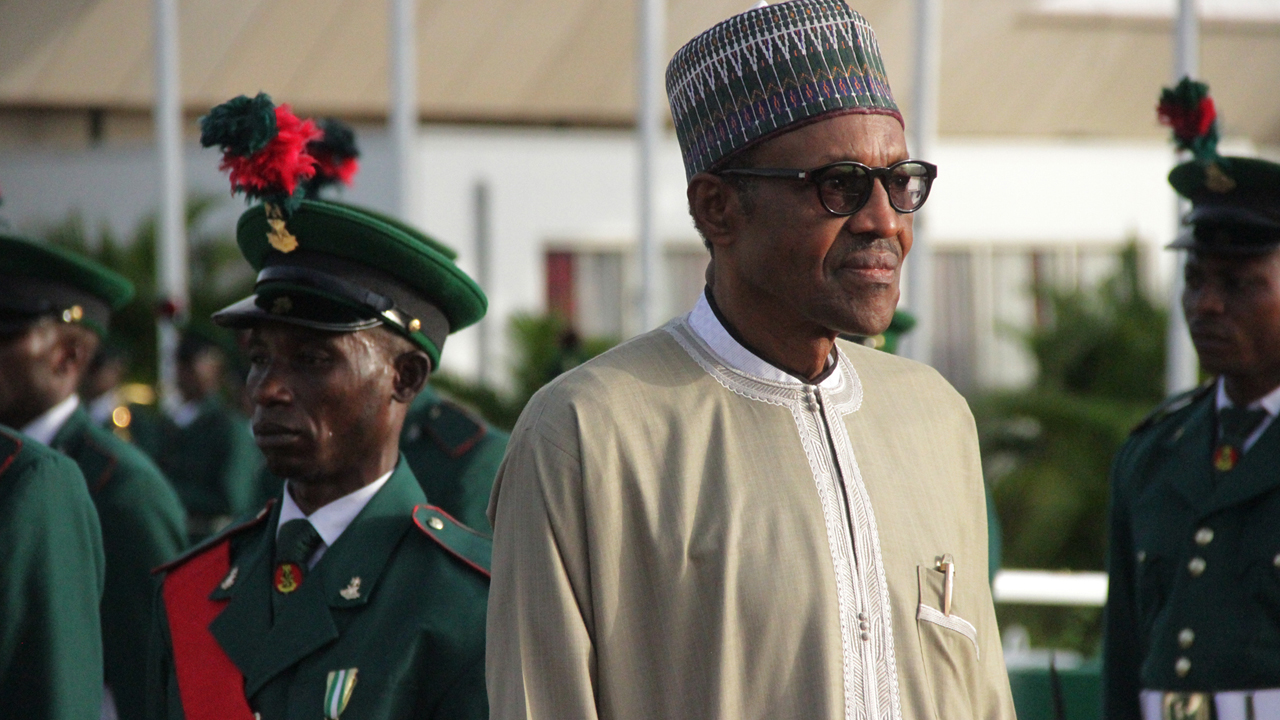- We’ve Fulfilled Our Promise on Road Development – Buhari
The current administration has fulfilled the promise it made in May 2015 as regards developing road infrastructure, President Muhammadu Buhari declared on Monday.
Buhari, however, stated that the government would continue to work on the country’s road network and stressed that his administration had raised the country’s budgetary commitment for capital projects from 15 per cent to a minimum of 30 per cent.
He stated these in Abuja at a one-day public enlightenment forum on developments in the road sector.
The forum was organised by the Federal Ministry of Power, Works and Housing.
The President, whose speech was read by the Secretary to the Government of the Federation, Boss Mustapha, noted that the critical place of the road sector in Nigeria’s historical evolution and national life could not be overemphasised.
Buhari said, “Presently, the haulage of industrial goods and raw materials, agricultural produce, petroleum products, power plant components and many other equipment are carried about using the nation’s road network. It was this realisation that underscored our promise of change in May 2015 with infrastructure as a priority. This we have fulfilled by policy and action.
“It is on record that this administration has raised our annual budgetary commitment for capital projects from 15 per cent to a minimum of 30 per cent and committed to a fiscal stimulus targeted at infrastructure. The result is a revival of construction activity on highway projects nationwide.
“From 2015 to date, my administration has constructed and rehabilitated several hundred kilometres of interstate federal roads and bridges to ease the movement of persons, goods and services.”
The President, however, stated that in order to take advantage of the full benefits of ongoing projects and get value for investments, users of the facilities must change their ways.
Buhari said, “As the head of this government, I’ve signed up for that change. I recently ratified the ECOWAS Supplementary Act on Heavy Goods Vehicles, Weights and Dimensions that are permitted to transverse federal roads in August 2017. I also approved the enforcement of the Act to commence from the loading points at the ports, depots and factories, respectively.
“This enlightenment forum is therefore organised to bring awareness and seek the cooperation of major players in the haulage industry, manufacturers, policymakers, labour unions and all those involved in the movement of goods and services of the new rules and regulations guiding the maximum axle load allowed on any goods’ vehicle within the ECOWAS sub-region that is also applicable in our country.”
He also told delegates at the event that the Federal Government was investing in the rail sector in order to reduce the pressure on the highways.
Buhari urged participants to provide inputs that would enhance the country’s road policies.
Earlier in his address, the Minister of Power, Works and Housing, Babatunde Fashola, said the meeting was to reflect and agree on the need for change about how roads were being used, adding that the Federal Government was working on one or two roads in all states across the country.
Fashola stated, “This government is now rapidly and aggressively addressing road transport infrastructure repairs, rehabilitation and construction as many of you who travel regularly will attest. There is no state in Nigeria today where you will not see our contractors busy at work.
“The crux of this meeting is to first acknowledge that the President is only one man who cannot be everywhere, and secondly to recognise that we are the actors of the change that is required to take us to prosperity, and thirdly to recognise that the way we use the roads, when finally completed, will determine how long they last and whether they deliver prosperity or not.”


 Naira4 weeks ago
Naira4 weeks ago
 Naira4 weeks ago
Naira4 weeks ago
 Travel3 weeks ago
Travel3 weeks ago
 Jobs4 weeks ago
Jobs4 weeks ago
 Naira3 weeks ago
Naira3 weeks ago
 Naira3 weeks ago
Naira3 weeks ago
 Investment4 weeks ago
Investment4 weeks ago
 Travel4 weeks ago
Travel4 weeks ago



























